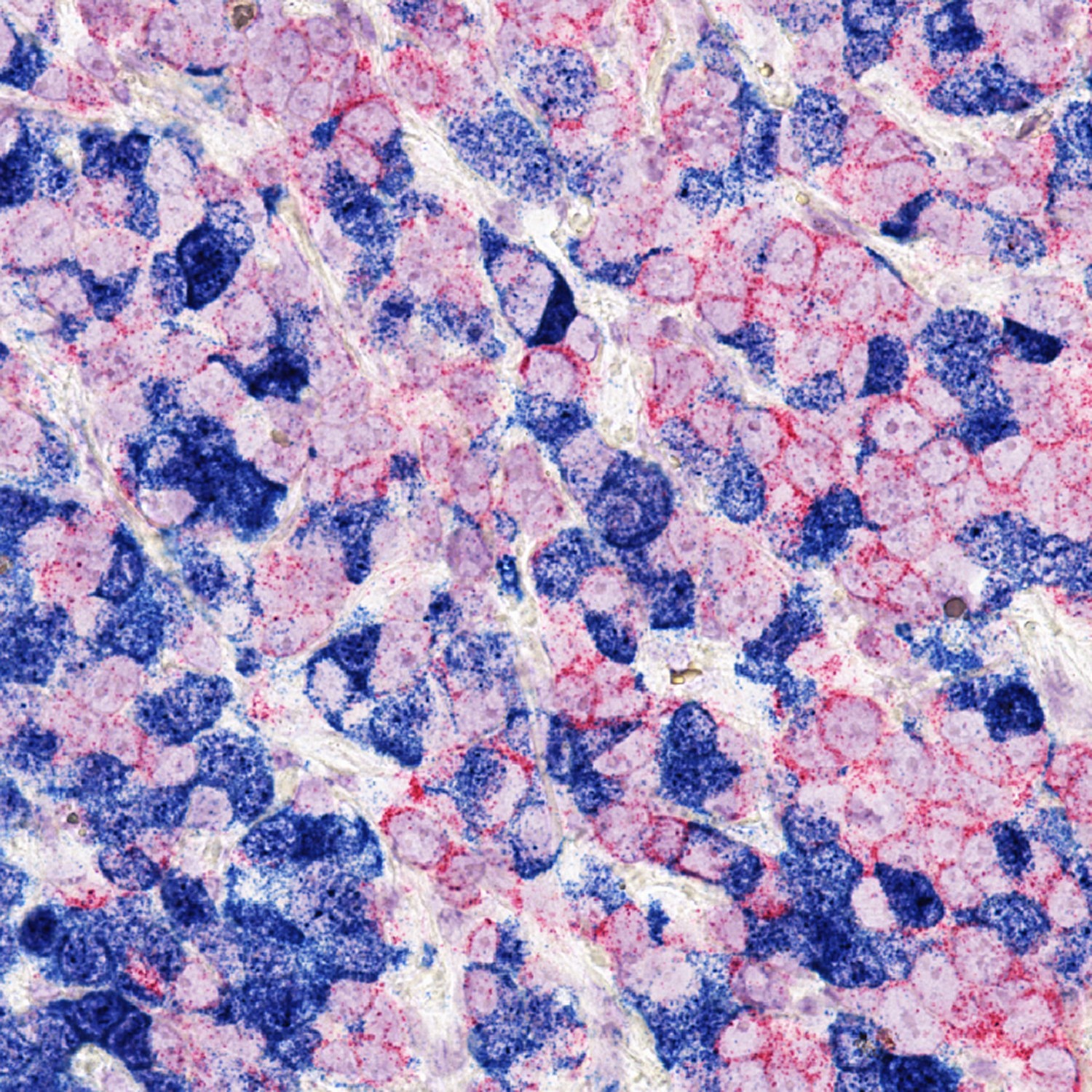The Cancer Genome Atlas ten-year study produces game changers for translational research
Historically, cancer patients have been classified according to the organs where primary tumors present at diagnosis, and clinical trials commonly test drugs that are designed to target cancers in a specific organ as well. The Cancer Genome Atlas (TCGA) project has contributed a new perspective to cancer classification that has implications for treatment.

One key result of the TCGA project is the understanding that each cancer type includes many genetically distinct subtypes, and that some subtypes share similar molecular features across organs. This means that some treatments may benefit cancer subtypes irrespective of their organ classification.
This understanding is the result of more than ten years of collaborations that brought together broad and talented research teams from around the country. The TCGA was initiated in 2006, and, by the time it ended in 2017, it had involved faculty members from numerous departments across Baylor College of Medicine, the Dan L Duncan Comprehensive Cancer Center and the Human Genome Sequencing Center.
The results of the project include a collection of 27 published papers reporting on the analysis of all 33 cancer types and the classification of mutations and specific pathways. Another result is the release of 29 papers, many of them with significant contributions from Baylor researchers, and findings from the 11,000 patient cohort data appear in the current editions of Cell publications. The project has produced game changers for translational research and clinical trials.

“For example, lung, skin and brain cancers that are caused by the same altered cancer pathway may be effectively treated with the same drugs, and these drugs will not be effective for other lung, skin and brain cancers that are not caused by this pathway,” explained Dr. Pavel Sumazin, assistant professor of pediatrics at Baylor, and lead author of one of the papers and contributor author to two others. “The overarching goal of this TCGA effort was to categorize cancers according to shared molecular features, with less emphasis on the organs where tumors were diagnosed.”
Throughout the lifetime of the project, technologies and processes evolved significantly, and the analysis of the data has advanced, which has led to these new studies.

“The TCGA project allowed us to apply team science to biology, and the things we learn from the TCGA have the potential to impact clinical practice, drug development and the way we diagnose and treat a wide range of cancers,” said Dr. David Wheeler, professor of molecular and human genetics in the Human Genome Sequencing Center at Baylor.
The papers are grouped into three key themes that explore Cancer Pathways, Cell of Origin and Oncogenic Processes. Wheeler co-organized and co-led the Oncogenic Processes theme.
One major effort under the Oncogenic Processes theme was an exploration of the hereditary contribution to cancer by analyzing the blood samples that had been used as controls for TCGA patients.

“This new study revealed that about 8 percent of the approximately 10,000 patients had a genetic susceptibility to cancer,” said Dr. Sharon Plon, professor of pediatrics and molecular and human genetics at Baylor.

Another effort, led by Dr. Hua-Sheng Chiu and Sonal Somvanshi, both research associates in pediatrics-oncology at Baylor, revealed that genetic alterations outside of protein-coding genes activate cancer pathways by producing RNAs that alter the wiring of the cell.
The TCGA was a landmark study providing important information on the mutations present in many different cancers. The landscape of DNA alterations in cancer was a necessary first step in understanding the driver and escape pathways that need to be targeted therapeutically. Now, the focus is to align the mutations with transcriptomics and proteomics/metabolomics to clarify these pathways and target them for better treatment of our patients,” said Dr. Kent Osborne, director of the Dan L Duncan Comprehensive Cancer Center at Baylor.
To access the papers and view lists of authors and affiliations, visit Cell.





i like when research tells what people are born with